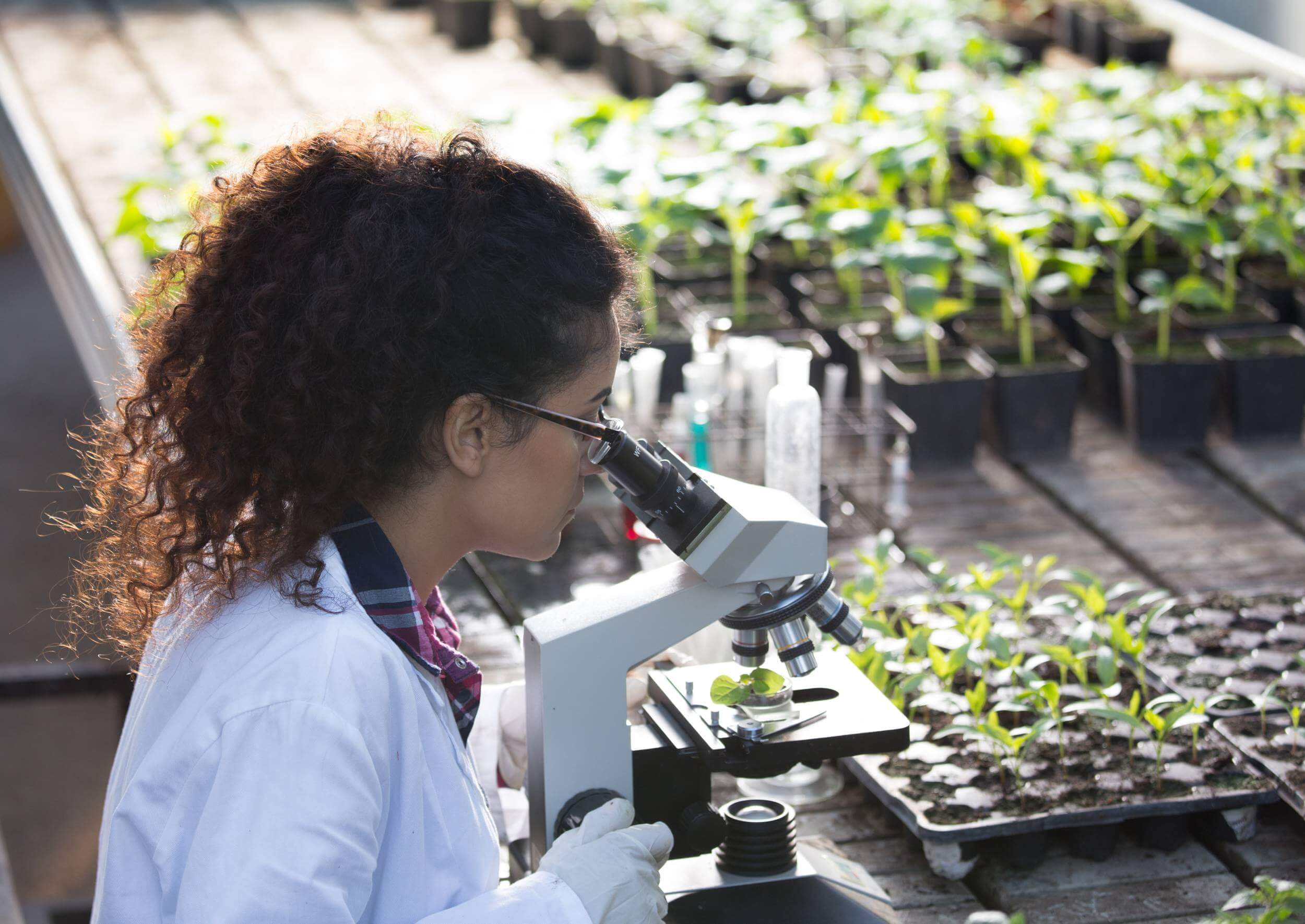The marriage between technology and natural agriculture

Humankind plays a leading role in the course of history. Our species has had a huge influence on the environment and nature as a whole. However, we can’t really say that influence has always been positive, given the detrimental effects caused by our actions, which have often affected us too: Soil and air pollution, inherent lack of water in certain regions, or extreme temperatures are only a few examples. As Yuval Noah Harari explained in his successful essay “Sapiens”, agriculture was born around 10,000 years ago, in various locations at the same time. Why so? Well, according to him, because not all plants were fit for domestication; only some, such as wheat (Middle East), rice (Asia) and potatoes (America) proved to be sufficiently adaptable, controllable and productive. In fact, for Noah Harari, “We did not domesticate wheat. It domesticated us.”
Be that as it may, the truth is that human creativity was key for the management of those first crops. For centuries, agriculture was impacted by a series of technological breakthroughs. Irrigation systems, plowing, crop rotation or fertilizers (manure first, and laboratory formulations later) were key to increase soil productivity, and promote continuous demographic growth as a result. If we analyze the connection between agricultural productivity, nutrition and human health, we can hardly say there has ever been a negative influence of technology on people. In fact, according to the data provided by the World Bank, life expectancy at birth in 1960 was 52 years, while in 2019 it reached 73 years. And that’s definitely not a coincidence.
Towards natural productivity
Despite what I just said, intensive agricultural production based on the application of synthetic chemicals has not only brought us long-term benefits. It has caused soil depletion, and encouraged the use of unsustainable irrigation systems and synthetic fertilizers and pesticides, which are effective and affordable, but also dangerous, because they leave residues that accumulate in both fruits and the soil, and put the consumers’ health, ecological balance and soil self-regeneration at risk. In an effort to reverse that global trend and correct the mistakes made in the past, ecological and organic agriculture was conceived. However, our best bet is on biological and natural solutions. Instead of forcing us to resort to outdated production methods, they allow us to build upon the latest technology to achieve an acceptable level of sustainability, productivity and profitability within nature’s own boundaries.
For Kimitec, synthetic chemicals are not the ultimate solution to our problems; we believe it’s time to stop being conservative and embrace every new technical advance. And we propose an alternative, effective way to do it. We observe nature, analyze it and test the resulting natural plant-based compounds, microorganisms and microalgae, trying to find industrial use for that knowledge. Our experience tells us that it’s actually possible to design natural products at least as effective as synthetic chemicals, and ensure, at the same time, that our agricultural production is eco-friendly, healthy and sustainable in the long term.
Natural productivity does not exclude, therefore, the use of technology. Rather the opposite. It highlights its value, without neglecting our needs or the maintenance of soil microbiota, which directly impacts plant health, and therefore has a direct, fundamental relationship with us and the environment.
Technology at the service of agriculture
Now, biological solutions and the latest technological developments are being combined to reverse unsustainable practices, safeguarding biodiversity, soil characteristics, local climate and the ecosystems in general.
Let’s comment on some of those strategies. On the one hand, digitization of agricultural practices is helping to improve the management of resources. Drones allow to identify specific needs in individual cultivation areas, as well as to increase accuracy during planting and pesticide applications. Computers help to develop intelligent irrigation systems capable of increasing efficiency in the management of water resources. But how? Specifically determining irrigation times, adjusting sprinkler head pressure and even using moisture measurement systems to optimize water usage.
We can still do more, though. Natural productivity is not just about using digital technology, but also about applying some common sense: Reintroducing plant waste after pruning and other crop waste into the soil can help us improve yield. Some companies produce and distribute auxiliary insects to keep other harmful species at bay in certain ecosystems, without breaking the ecological balance. Bumblebees, mites or even spiders are in the whitelist. Ground covers are another simple, yet beneficial solution. They help avoid plowing and the application of herbicides in fruit trees and other plant species, naturally improving soil fertility, water retention and even biodiversity, by attracting beneficial species.
Simple, inexpensive solutions that can only be attained by observing nature and analyzing the connections between the organisms living in it. We do have a role to play, but not by altering natural cycles. We need to protect them, because only so will we protect ourselves.
